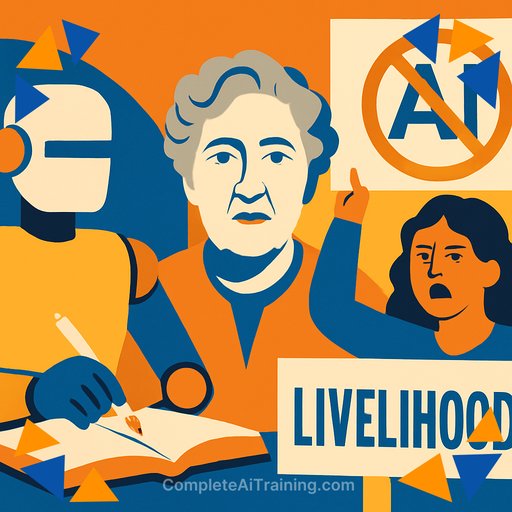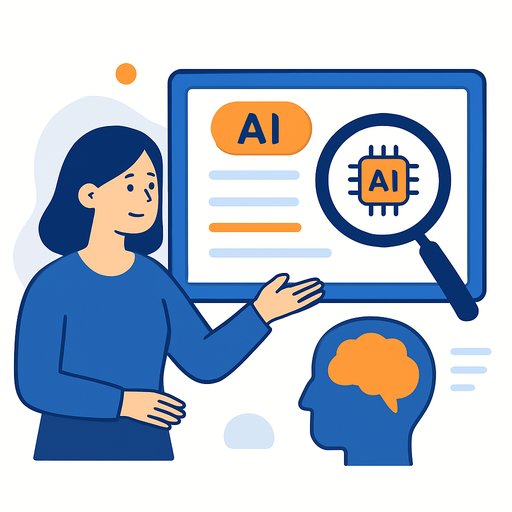BBC’s AI Agatha Christie Course Ignites Fierce Debate Among Writers
The BBC recently launched an AI-powered Agatha Christie to promote a £79 crime writing course on their subscription platform, BBC Maestro. The course condenses 2.5 hours of lessons over eleven modules, covering story structure, plot twists, and suspense, all framed as if taught by the Queen of Crime herself.
Using AI to resurrect Christie’s voice and likeness—created through CGI and voiced by actress Vivien Keene with the estate’s permission—has stirred strong reactions from the writing community. Some see it as a clever tribute, while many fear it undercuts living authors trying to make a living.
Why Writers Are Concerned
- Competition with the Dead: Author Christopher Edge voiced his concern about declining author incomes being worsened by competing with AI versions of deceased writers. He questioned whether he would have been chosen to lead courses if “Roald Dahl” had been available instead.
- Exploitation Accusations: Writer So Mayer called the project “charlatanry” and compared it to spiritualist cons, criticizing the BBC for not investing in underemployed crime writers instead.
- Ethical Issues: Critics labeled the course “dystopian,” “gross,” and “disrespectful,” arguing it’s wrong to piece together an artist’s work with AI and sell it without their consent.
These concerns highlight a deeper debate about AI’s role in creative industries and its potential to displace genuine human voices.
How the Course Was Created
The AI Agatha Christie course was built by piecing together Christie’s own words from letters, interviews, and writings. Leading Christie scholars like Dr. Mark Aldridge and others curated the content carefully to retain authenticity. Keene spent extensive time studying Christie’s mannerisms to bring the digital persona to life.
James Prichard, Christie’s great-grandson and CEO of Agatha Christie Limited, said the course offers an extraordinary insight into her writing views and techniques. The project has the full backing of the Christie estate, which emphasizes its dedication to preserving her legacy.
What This Means for Writers
The BBC Maestro platform already features courses by living authors such as Julia Donaldson, Lee Child, and Harlan Coben. If the AI Christie course succeeds, it could open doors to resurrecting other literary figures like JRR Tolkien or Jane Austen.
Michael Levine, CEO of BBC Maestro, believes the AI course offers equal value to those taught by living authors. He points out that sharing struggles and failures—even from a legendary figure like Agatha Christie—can inspire learners.
Still, the backlash reveals a tension between innovation and the livelihood of contemporary writers. The question remains: at what cost does AI-generated content enter the creative education space?
Final Thoughts
Writers looking to improve their craft can benefit from diverse teaching styles and perspectives. However, the rise of AI recreations of famous authors raises important ethical and professional questions. For those interested in the future of publishing and writing education, it’s worth watching how these technologies evolve and how the industry responds.
For more on ethical AI use in creative fields, see Kevin Kelly’s talk on AI and creativity. Also, the Writers' Guild of Great Britain offers resources and discussions on protecting writers’ rights in the digital age.
Your membership also unlocks:




